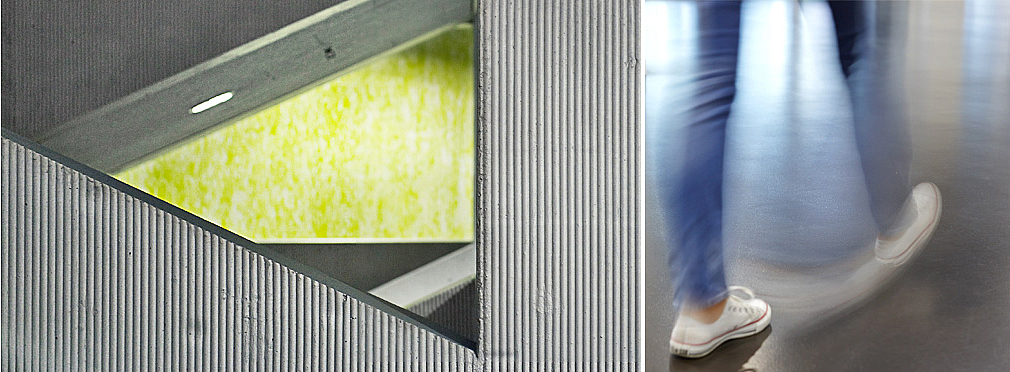From Imperial Sanctum to Cradle of Democracy
Site and Semantics in Dada Interventions at the Berlin Cathedral and the National Assembly in Weimar (1918-1919)
Online talk by Lucy Byford as part of the seminar series Cultures of Legality in Weimar Germany
| Datum: | 6. November 2024 |
|---|---|
| Zeit: | 10.00 Uhr bis 11.00 Uhr |
| Ort: | Online via Zoom |
From Imperial Sanctum to Cradle of Democracy: Site and Semantics in Dada Interventions at the Berlin Cathedral and the National Assembly in Weimar (1918-1919)
As Germany’s first democracy, the Weimar Republic is regarded as a period of great experimentation in culture and media, able to briefly flourish after the Kaiserzeit and prior to the enforcement of Nazi rule. However, when Dadaist Johannes Baader staged an avant-garde intervention during a vote on the terms of the new constitution in July 1919, he did so with the intent to expose a hidden legal clause that threatened to limit artistic and social freedoms. Stating that he had ‘material for the minister Naumann’, he scattered copies of two Dada texts amongst the seated delegates, the first of which announced the Dadaist as ‘President of the Universe’, while the second advertised a Dada ‘handbook’, a book-length montage composed of newspaper clippings from the November Revolution. After months of debate and deliberation, the National Assembly finally ratified the constitution shortly after Baader’s intervention.
Subjecting this Dada action to close scrutiny, the talk will consider the significance of the intervention’s setting in the Deutsches Nationaltheater in Weimar. This location was chosen as the namesake for the new Republic, regarded as a suitable meeting point for the National Assembly due to its considerable distance from centres of flaring revolutionary activity in Germany. The talk will offer an interpretative framework for the performance through an examination of its scenographic elements and textual ‘props’, also highlighting parallels between this Dadaist outburst and an earlier episode, where Baader interrupted a service in the Berlin Cathedral in November 1918. Comparative analysis between the National Assembly intervention and this earlier action in the grand setting of the Kaiser’s own church and familial tomb will evidence how the Dadaist strongly endorsed social democratic efforts to dismantle the confessional state, revealing his engagement in the founding principles of the post-imperial state from the very first days of the revolution. As an embodied extension of his written texts and speeches, the talk will explore how these unscripted Dada performances fused ironic mimicry of hegemonic language with blueprints for the artist’s own visions of a new society.
Dr. Lucy Byford (Constructor University, Bremen) is an early-career art historian and recipient of an Alexander von Humboldt Stiftung postdoc. She is currently working on a monograph on Berlin Dada performance, having received her doctorate from the University of Edinburgh in January 2024. Funded by the Scottish consortium of the Arts and Humanities Research Council (AHRC), her thesis examined notions of the carnivalesque in Berlin Dada’s performances and magazines. She has previously published on the topics of epic theatre set designs by John Heartfield and the interventions of Johannes Baader. In 2019, Lucy completed a research fellowship at the Zentralinstitut für Kunstgeschichte in Munich, and before her doctorate, she worked for the Commission for Looted Art in Europe, conducting provenance research on Nazi-looted art.
The seminar series is part of the project Imagining Justice: Law, Politics and Popular Visual Culture in Weimar Germany, funded by the Swiss National Science Foundation.







